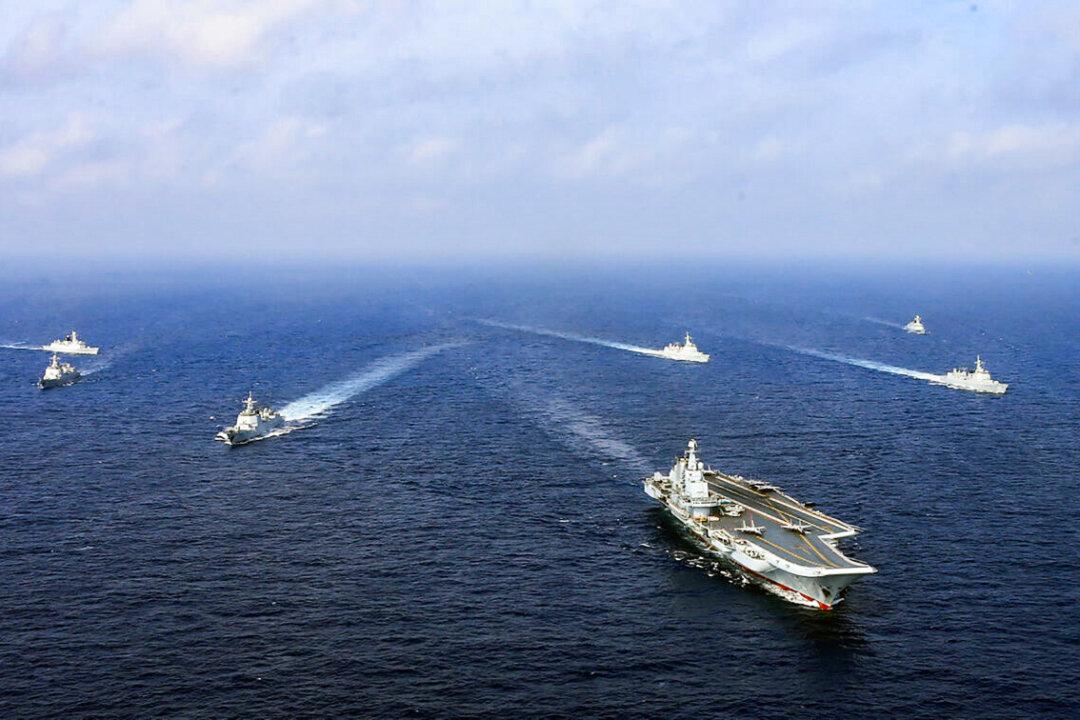Commentary
The West and our allies in the East are finally realizing that China seeks a new empire ruled from Beijing by the Chinese Communist Party (CCP).

The West and our allies in the East are finally realizing that China seeks a new empire ruled from Beijing by the Chinese Communist Party (CCP).